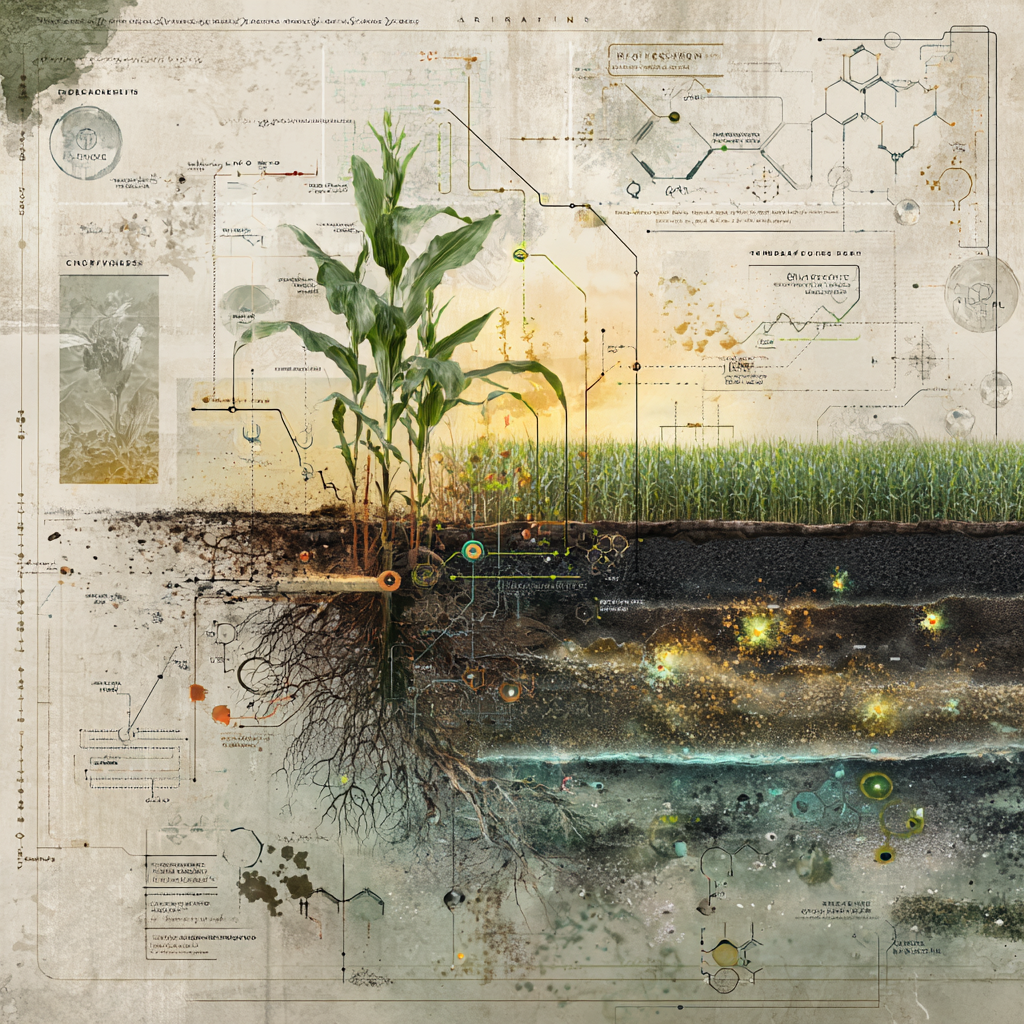
What We Do
We Build Kilns That Change Climates.
And a few other things…
Biochar Kiln Design, Production & Deployment
We manufacture and supply industrial-grade Retort and Contiki kilns suitable for processing invasive biomass, forestry residues, or agricultural waste into high-carbon biochar.
Feasibility Studies & Pre-Implementation Services
We provide comprehensive feasibility studies to ensure each project is operationally the right fit and financially viable before deployment.
-
● Biomass validation: Field-based assessment of feedstock type, moisture, yield, and carbon conversion potential. Tailored to suit the design and capacity of our TBC kilns.
● Kiln sizing and design matching: Determining the optimal kiln size and configuration based on client location, feedstock volume, intended use, and local infrastructure.
● Indigenous Microbial Organism system integration: Planning and demonstration of site-specific indigenous microbe capture, IMO fermentation, and IMO liquid slurry formulation, tailored to field-scale operations.
● Soil amendment and application strategy: Mapping where and how to deploy inoculated biochar and microbial ameliorants (e.g., soil drench, foliar, trenching, compost activation) based on soil structure, salinity, and degradation levels.
● Cashflow analysis: Estimating capex/opex, biochar output value, ameliorants blending costs, and product application expenses across operational phases.
● Carbon credit validation: Screening eligibility under standards such as Verra or Puro.Earth; estimating credit volumes based on kiln model and soil amendment application rates; guidance on registration pathway.
Indigenous Microbial Ameliorant System
Our methodology combines indigenous microbial enhancement, biochar inoculation, and kiln-derived wood vinegar into a holistic soil regeneration system. The process unfolds in three phases:
● Administering organic nutrients and stimulants to promote the initial growth of native microbial populations within the host environment.
● Introducing site-specific IMOs (balanced bacteria and fungi) adapted to the farm’s ecosystem.
● Anchoring biology in biochar and wood vinegar produced on-site through our proprietary kiln design.
No compost, manure, or external microbial strains are introduced—ensuring full biological sovereignty.
Biochar Inoculation & Field Application
Our protocols integrate indigenous microbial extracts, organic carbon/nutrient feeds, seawater minerals, and biochar carriers into a scalable system that supports rapid bacterial colonization early, transitions to fungal dominance for soil stability, and provides a balanced, site-specific inoculant strategy superior to imported microbial products.
-
● Soil food web restoration: Maintains bacterial dominance in early season, shifts to fungal balance for carbon sequestration post-harvest.
● Nutrient efficiency: Enhanced mineral solubilization, chelation, and uptake.
● Resilience: Builds drought tolerance, pathogen suppression, and ecosystem stability.
● Sustainability: Reduces reliance on synthetic inputs, aligns with organic protocols and carbon farming standards.
Our protocols integrate indigenous microbial extracts, organic carbon/nutrient feeds, seawater minerals, and biochar carriers into a scalable system that:
● Supports rapid bacterial colonization early,
● Transitions to fungal dominance for soil stability, and
● Provides a balanced, site-specific inoculant strategy superior to imported microbial products.
Beyond Soil
Biochar and wood vinegar produced by TBC systems extends far beyond soil amendment, offering versatile applications across multiple market segments, enhancing environmental sustainability, and creating value-added opportunities:
-
● Poultry Bedding: Incorporating biochar into poultry bedding significantly reduces ammonia emissions by up to 50%, improving air quality and animal health. It lowers energy costs by enhancing bedding absorbency and reduces the incidence of Foot Pad Disease by 30–40%, leading to healthier poultry and lower veterinary costs.
● Animal Feed: Biochar as a feed additive promotes animal health by improving gut microbiota, enhancing nutrient absorption by 10–20%, and reducing methane emissions in ruminants by up to 15%. It supports sustainable livestock farming by decreasing reliance on chemical additives while improving feed efficiency.
● Water Purification: Biochar’s high porosity and adsorption capacity make it an effective medium for water treatment, removing up to 90% of contaminants such as heavy metals, organic pollutants, and pathogens. TBC’s biochar-based water treatment systems, like those developed under Aqua Char Technologies (Botswana), have demonstrated efficacy in sulphate-reducing water treatment at a scale of 1 ML/day, providing a cost-effective solution for potable water production and wastewater treatment.
These applications diversify TBC’s impact, creating additional revenue streams while addressing environmental challenges across agriculture, livestock, and water management sectors.
Integrated Delivery Model
All components are designed, produced, and delivered by The Biochar Company, ensuring a seamless, feasible ecosystem restoration process from pyrolysis to microbial reactivation based on practical experience.
One company. One system. One microbial identity.
Our systems are circular, decentralized, and scalable — designed for implementation across African landscapes and economies.
From Problem to Product, Liability to Asset
Whether you’re a municipality clearing invasives, a farmer improving soil, or an investor backing climate solutions — we’re ready to help you build a regenerative future.




